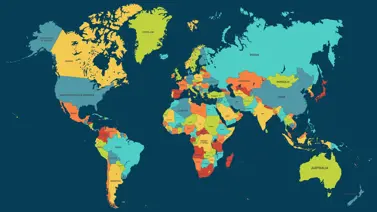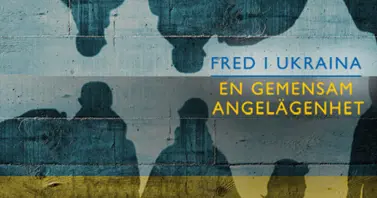Interim Stabilization
In the early phase of a transition from war to peace, numerous political aspirations and concerns of individuals and groups must be carefully balanced. Moving from military conflict to sustainable peace requires a gradual adjustment by the conflicting parties from a dependence on military sources of power to an ability to operate as civilian actors in a peacetime society.
Many DDR and SSR processes fail because the political environment (i.e. primarily the trust and confidence that each party will stick to what have been agreed) are not ripe at the time of signing an agreement. Mediation efforts, program planning and even terminology must be sensitive to cultural, economic, social and historical circumstances, allowing for ownership of a peace process, by its relevant stakeholders.
To better understand such transitional mechanisms for balancing security and
development, this study was conducted by the FBA and Sthlm Policy Group during 2007-2008.









 >
> >
>

